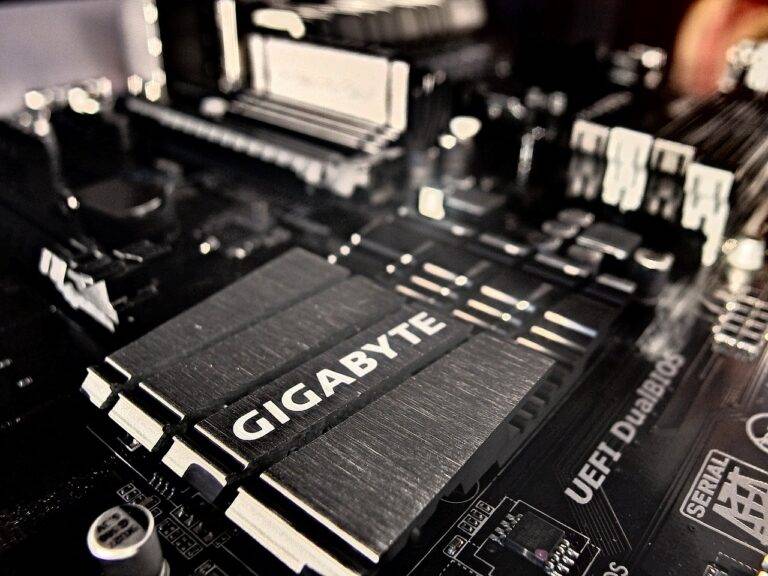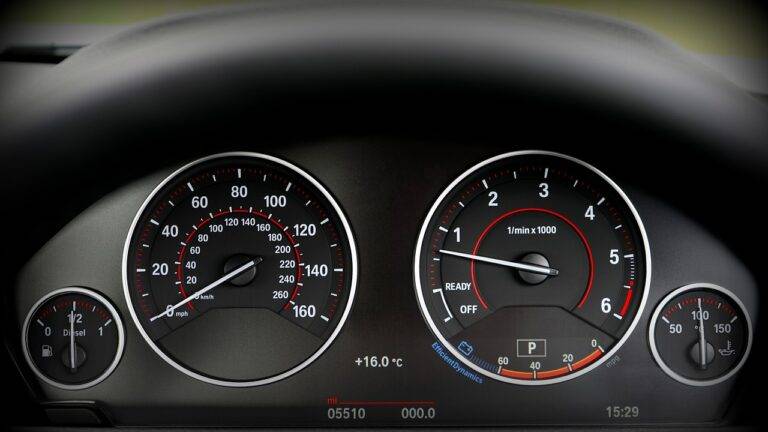The Future of Blockchain in Digital Identity Verification for Refugees
For refugees, obtaining and verifying their identities can be a daunting task. Many face challenges due to the loss or destruction of personal documents during their displacement, making it difficult to prove who they are. This lack of official identification can hinder their access to essential services such as healthcare, education, and employment, creating barriers to rebuilding their lives in a new country.
Additionally, the varying formats and standards of identification documents from different countries can complicate the verification process for refugees. Authorities may struggle to authenticate documents that are unfamiliar to them, leading to delays and potential errors in establishing the identities of refugees. This lack of standardization further exacerbates the already complex issue of identity verification for individuals fleeing conflict or persecution.
Benefits of Using Blockchain for Digital Identity Verification
The use of blockchain technology for digital identity verification offers numerous advantages in the realm of refugee assistance. By utilizing blockchain, a secure and transparent system is created that enhances the reliability and accuracy of verifying identities. This technology enables instant access to essential information, making the verification process more efficient and reducing the likelihood of errors.
Moreover, blockchain ensures the protection of personal data, as the decentralized nature of the system minimizes the risk of unauthorized access or manipulation. This enhanced security not only safeguards sensitive information but also builds trust between refugees and the organizations providing assistance. Ultimately, the adoption of blockchain for digital identity verification holds the potential to streamline processes, increase accountability, and improve the overall support provided to refugees.
How can blockchain technology help with digital identity verification?
Blockchain technology can provide a secure and tamper-proof way to store and verify identity information, making it more reliable than traditional methods.
What are some benefits of using blockchain for digital identity verification?
Some benefits include increased security, reduced fraud, improved privacy, and greater control over personal data for individuals.
How does blockchain technology address the challenges in identity verification for refugees?
By providing a decentralized and immutable ledger, blockchain helps refugees establish and prove their identities, even if they lack traditional documentation.
Is blockchain technology widely adopted for digital identity verification?
While adoption is increasing, it is not yet fully widespread. However, more organizations and governments are exploring blockchain solutions for identity verification.
Can blockchain technology be used for identity verification across different sectors?
Yes, blockchain technology has the potential to streamline identity verification processes in various sectors, including finance, healthcare, government services, and more.





